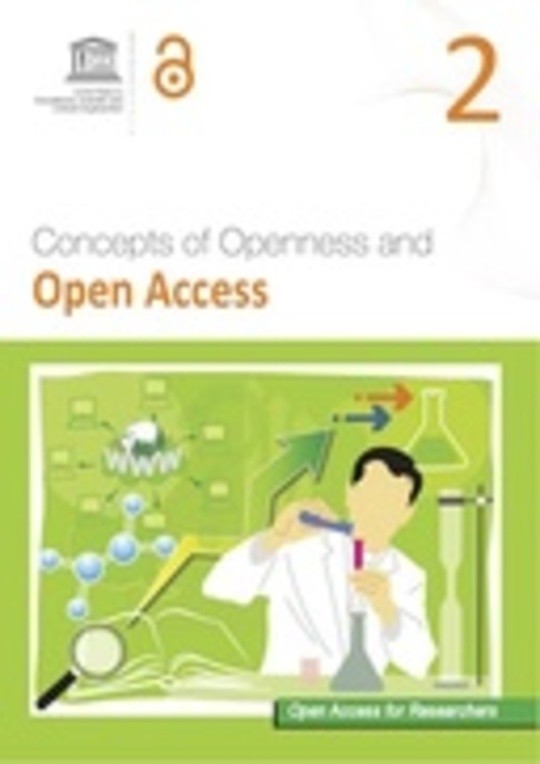
At the end of this module, you are expected to be able to understand interoperability issues, perpetual access, importance of standards, and the integration of different products in building institutional repositories..Within the overall framework of UNESCO Strategy on Open Access to scientific information and research and to take forward UNESCO’s leadership role in diffusing knowledge amongst its Member States, UNESCO has developed a set of manuals to facilitate capacity building of library and information professionals and researchers.
Other modules:
- Open Access for Library Schools 1: Introduction To Open Access
- Open Access for Library Schools 2: Open Access Infrastructure
- Open Access for Library Schools 3: Resource Optimization
The development of the modules has been undertaken very carefully and the development process covered diverse opinion in the subject area, and in consultation with more than 50 experts to include diversity and expertise from the developing south.
The OA curricula developed by UNESCO includes a set of customized modules which can be easily be fitted with the educational needs of different OA stakeholders and can be integrated with any sensitization programmes of OA.
The curricula for Library and Information Science Professionals entitled “Open Access for Library Schools”, consists of four course modules. An Introductory Module aims at sensitizing the library community about the history, evolution, forms and impact of OA within the domain of scholarly communication environment and covers issues related to rights management, IPR and advocacy. The remaining three modules cover subject areas of OA Infrastructure, Resource Optimization and Interoperability and Retrieval. These sections give insights into the features, types, maintenance and standardization of OA resources, information retrieval/storage software and highlight the role of the new dimension of web-enabled resources such as e-journals, e-repositories and ICTSs.
These curricula were developed after undertaking two detailed capacity building need assessment studies of librarians and researchers on Open Access. A multi-stakeholder expert meeting was organized in New Delhi, where 23 experts participated to finalize the curriculum. Two online consultations were also held to substantiate the expert meeting, which helped UNESCO to outline the content for each of the curriculum and provided a framework to develop modules.
The curricula were developed with the help of Commonwealth Educational Media Centre for Asia (CEMCA), New Delhi of the Commonwealth of Learning (COL).









